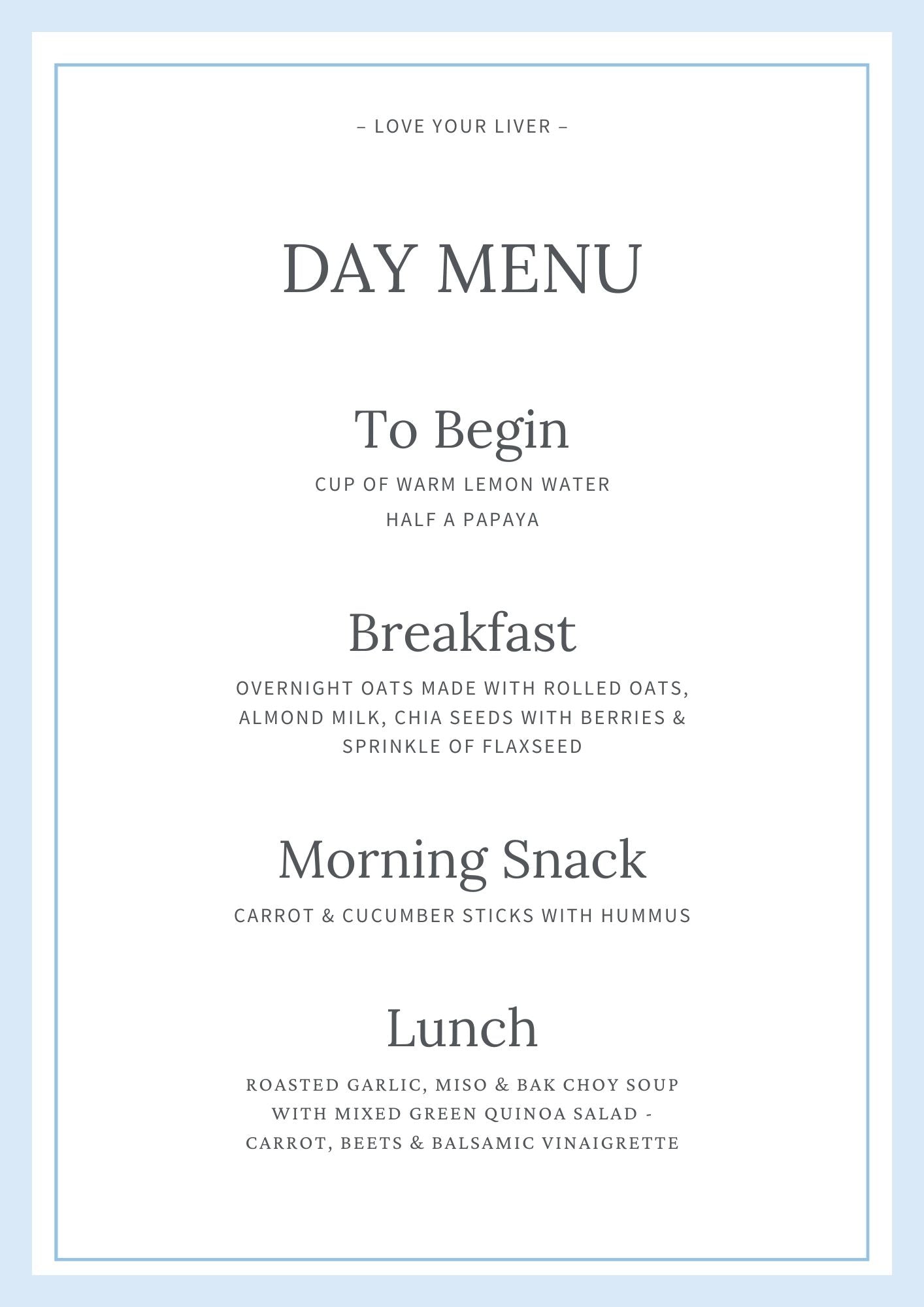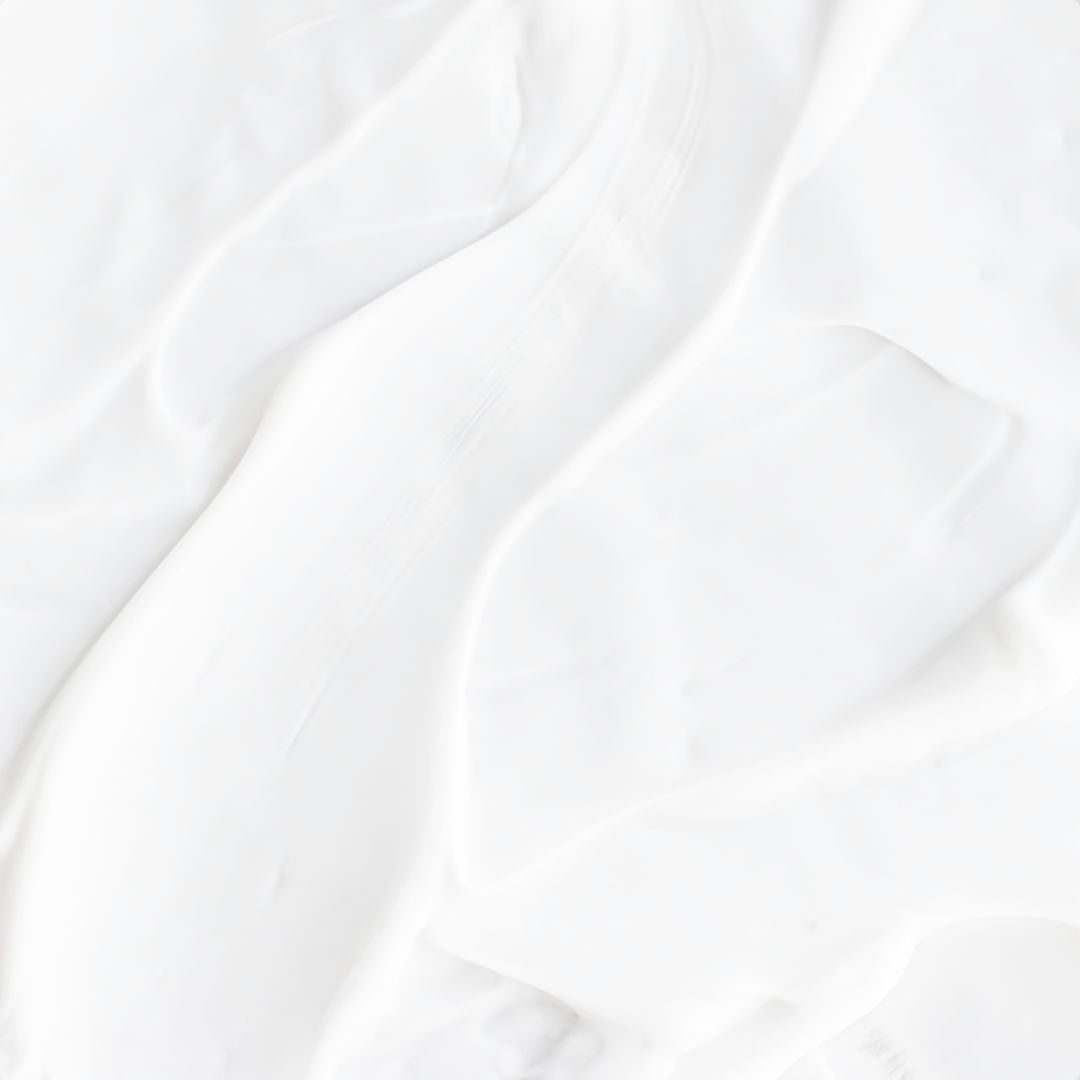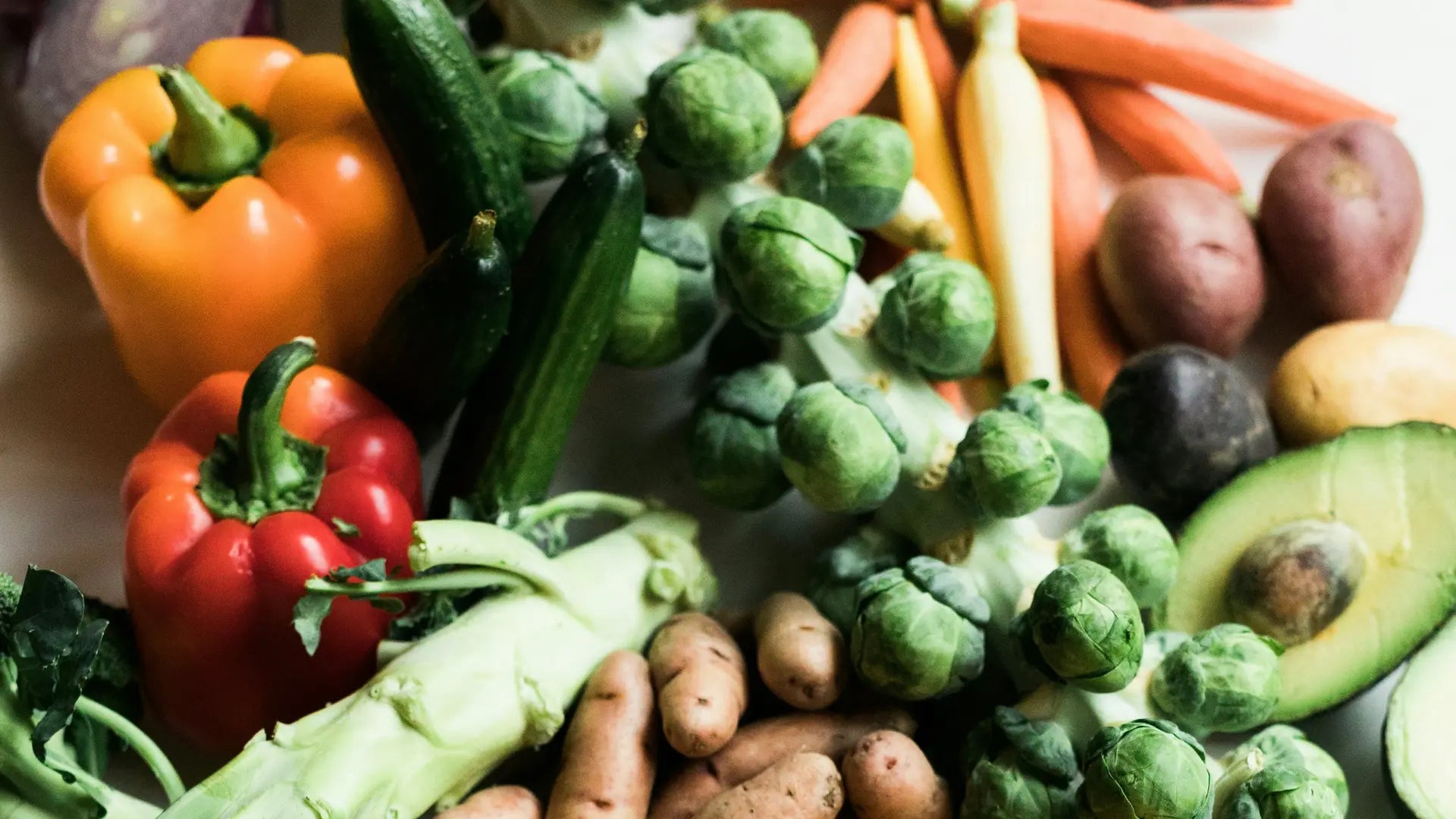Ever wondered about the connection between your skin and liver? Yes, your skin mirrors the health of your liver, so your body’s largest organ (the skin) and your body’s second largest and heaviest organ (the liver) are deeply intertwined.
Fun fact – the liver has a remarkable ability to regenerate itself and it is also the powerhouse behind over 5,000 functions in our bodies.
Imagine the liver as the ultimate filtration system in your body's factory. It diligently sifts through all the environmental gunk we encounter – whether it's in the air, our food, or even the skincare products we apply. And when it encounters any unwelcome guests, like toxins or pollutants, it swiftly kicks them out through our bowels, skin, lungs, or kidneys.
Toxins are everywhere, and if our liver can’t break these down, they come out through the sweat glands of the skin – cue troubled skin and sensitivity issues, including sudden rashes, blemishes, flare-ups and redness.
If you're thinking that skipping a glass of wine or doing a quick liver detox cleanse will magically transform your skin, think again. Achieving that glowing, healthy complexion requires a holistic approach to caring for your liver and overall well-being.
A Guide to Skin-Body-Soul Approach: 10 Ways to Nurture your Liver:
1. Eat nutrient-rich, whole foods
Choose whole, unprocessed fruits, vegetables and grains. Avoid fatty, greasy foods and alcohol, as they can strain the liver. Instead, fill your plate with cruciferous veggies like broccoli, kale, cauliflower, bok choy and cabbage. These foods provide vitamins, minerals, fibre and other nutrients that help your liver detoxify. Bitter greens like arugula, spinach and radishes also support digestion and waste removal.
Include a variety of colourful fruits and vegetables in your diet for maximum nutrition. If possible, choose organic produce to reduce pesticide exposure. When it comes to meat, choose organic, hormone-free and antibiotic-free options to ease the burden on your liver. If you're on a budget, follow the Dirty Dozen principles to prioritise your organic choices.
While you don't need to cut out sugar completely, it's important to limit your intake and be mindful of its source. Natural sugars found in whole foods are preferable, as they are easier for the liver to process compared to added sugars.
2. Consume herbs and food to support liver health
Traditional herbs like milk thistle, turmeric, and artichoke have long been used to promote liver health.
Milk Thistle: Known for its detoxifying properties, milk thistle strengthens liver cell walls, shielding them from harmful toxins and supporting liver regeneration.
Turmeric: Curcumin, the active ingredient in turmeric, boasts potent antioxidant and liver-protective properties. It's known for its anti-inflammatory effects, reducing molecules that contribute to liver damage and fibrosis.
Artichoke Leaf Extract: Rich in compounds with liver-protective qualities, artichoke leaf extract is believed to stimulate bile production, aiding digestion and detoxification.
Note: Before including any of these herbs and foods into your diet, please consult with your healthcare professional first, especially if you have existing health conditions or concerns. While these ingredients have been traditionally used for liver support, remember that your responses may vary.
3. Minimise exposure to environmental toxins
Reduce exposure to synthetic chemicals, additives and certain preservatives found in food, cosmetics, plastics and cleaning products. These substances can aggravate inflammation and worsen skin conditions. Whenever possible, steer clear of these irritants.
4. Go easy on alcohol
Moderate alcohol consumption is acceptable. Opt for clear spirits over wine, beer or liquor whenever possible. Aim to drink a large glass of water for each alcoholic beverage consumed and consider taking 4-5 alcohol-free days per week. Excessive alcohol intake can elevate estrogen levels as the liver depletes its reserves to metabolise alcohol. Over time, this can lead to nutrient deficiencies in the liver, resulting in fewer nutrients available for the skin.
5. Manage stress
Adopt lifestyle habits that help lower stress on our bodies. Stress can weaken the adrenal glands, which are small glands located on top of the kidneys that help regulate our response to stress. These glands release hormones, including cortisol, when we're stressed. Cortisol, known as the 'stress hormone,' affects our body's metabolism and the immune system.
Stress can also reduce blood flow to the liver, affecting its ability to function well. When stress levels are high and cortisol is released, it can lead to inflammation in the liver and impair its natural function.
To reduce stress, focus on activities that bring you joy. Try simple things like spending time outdoors in nature, doing breathing exercises, meditating, or practicing yoga every day. These activities can help regulate your nervous system and manage your body's stress reactions effectively. It's also important to fully accept and understand your feelings. This helps your body shift from a stressed-out mode to a calmer state.
6. Hydrate well
Aim to drink around 2 litres of water each day to stay proper hydrated, but remember that your needs may vary. Opt for clean, filtered water whenever possible to ensure quality and minimise exposure to potential contaminants. While tap water is typically safe to drink, some people prefer filtered water for personal reasons or to address specific concerns about water quality.
7. Healthy bowel movement
Maintain a balanced, high-fibre diet that includes soluble fibers from fruits, vegetables and oats, insoluble fibers from cereals, nuts and seeds, and resistance starch. Fibre supports digestive health and regular bowel movements. Exercise will also get the abdomen moving. It's essential to respond promptly to bowel urges, as delaying bowel movements can lead to toxin buildup and reabsorption through the large bowel wall, increasing the workload on the liver.
8. Be aware of medications
Examples of medications that may harm the liver include antibiotics, non-steroidal anti-inflammatory drugs (NSAIDs) like ibuprofen, and herbal supplements such as green tea extract. These substances can place additional stress on your liver.
9. Exercise
Regular exercise is key to a healthy liver. Exercise decreases stress on the liver, increases energy levels, increases circulation and helps the lymphatic system.
10. Consider using a castor oil pack
For centuries, people have been using castor oil packs externally by placing them on the skin over the liver organ as a form of naturopathic practice. Castor oil contains ricinoleic acid, which is thought to encourage circulation in the body, lower inflammation, and aid in the detoxification process. Bear in mind that while many people find castor oil packs beneficial, there is limited scientific evidence supporting their effectiveness, and more research is needed.
To Detox or Not? The Liver Dilemma
There is no need to resort to questionable detox methods. Embrace the natural detox power of your liver. With proper hydration and healthy habits, your liver keeps you feeling your best. Drink enough water throughout the day to stay adequately hydrated and support your liver's natural cleansing process.
While ingredients like milk thistle and turmeric show potential for liver health, these have not been proven in human clinical trials. Moderation in alcohol and food consumption is key. Your liver works tirelessly to keep you balanced, so give it the love it deserves with mindful choices and hydration.
Liver Harmony through Traditional Chinese Medicine (TCM)
In TCM, the liver holds significance beyond its physical presence. It's regarded as a sophisticated system vital for the smooth circulation of blood and Qi, the life force energy. When there is an imbalance, it can lead to what TCM terms as 'Liver Fire (肝火)'. This isn't a literal fire but rather a symbolic representation of disharmony within the liver meridian, disturbing the body's natural balance.
An unbalanced diet is frequently seen as a primary cause of 'Liver Fire'. Overindulgence in greasy, spicy and fried foods, along with alcohol consumption, can lead to an accumulation of heat and Fire in the liver. These dietary habits stress the liver, affecting its ability to regulate Qi and blood effectively.
According to TCM principles, the liver plays a significant role in our physical function and influences our emotional well-being. When in balance, it supports emotional harmony and feelings of serenity and fulfilment.
The Kanso Way: Love your Liver Menu
There is a clear link between liver health and skin health, which is often underestimated. Remember, our skin health and liver health are not mutually exclusive; they are interconnected. We may desire for better-looking skin, but often, we overlook the interconnectedness of our skin, body and soul. So, instead of only focusing on what we put on our skin, consider aligning your skin, body and soul in harmony. By recognising symptoms and addressing root causes, we can restore balance to the liver and improve our overall health and well-being, which is then reflected in our skin.
Here is a simple meal plan for you to try out:


--
References:
Liu Y, Zhao Y, Gao X, Liu J, Ji F, Hsu YC, Li Z, Nguyen MH. Recognizing skin conditions in patients with cirrhosis: a narrative review. Ann Med. 2022 Dec;54(1):3017-3029. doi: 10.1080/07853890.2022.2138961. PMID: 36308406; PMCID: PMC9629063.
LiverTox: Clinical and Research Information on Drug-Induced Liver Injury [Internet]. Bethesda (MD): National Institute of Diabetes and Digestive and Kidney Diseases; 2012-. Milk Thistle. [Updated 2020 Jan 21]. Available from: https://www.ncbi.nlm.nih.gov/books/NBK548817/
Farzaei MH, Zobeiri M, Parvizi F, El-Senduny FF, Marmouzi I, Coy-Barrera E, Naseri R, Nabavi SM, Rahimi R, Abdollahi M. Curcumin in Liver Diseases: A Systematic Review of the Cellular Mechanisms of Oxidative Stress and Clinical Perspective. Nutrients. 2018 Jul 1;10(7):855. doi: 10.3390/nu10070855. PMID: 29966389; PMCID: PMC6073929.
Amini MR, Sheikhhossein F, Talebyan A, Bazshahi E, Djafari F, Hekmatdoost A. Effects of Artichoke Supplementation on Liver Enzymes: A Systematic Review and Meta-Analysis of Randomized Controlled Trials. Clin Nutr Res. 2022 Jul 25;11(3):228-239. doi: 10.7762/cnr.2022.11.3.228. PMID: 35949559; PMCID: PMC9348909.
Zhan-Wen LiuJin ShuJia-Ying TuCui-Hong ZhangJue Hong; Liver in the Chinese and Western Medicine. Integrative Medicine International 19 October 2017; 4 (1-2): 39–45. https://doi.org/10.1159/000466694




